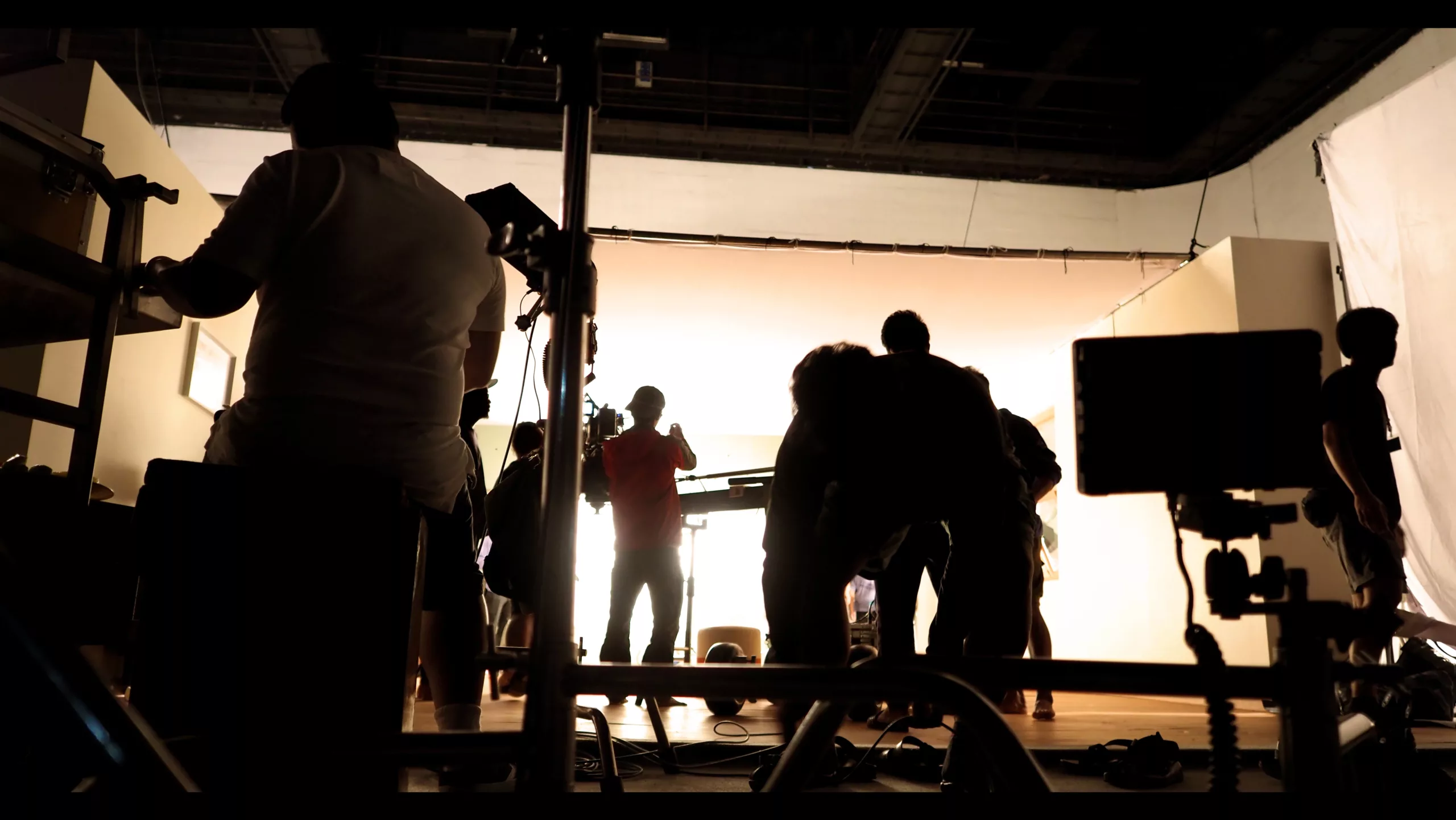
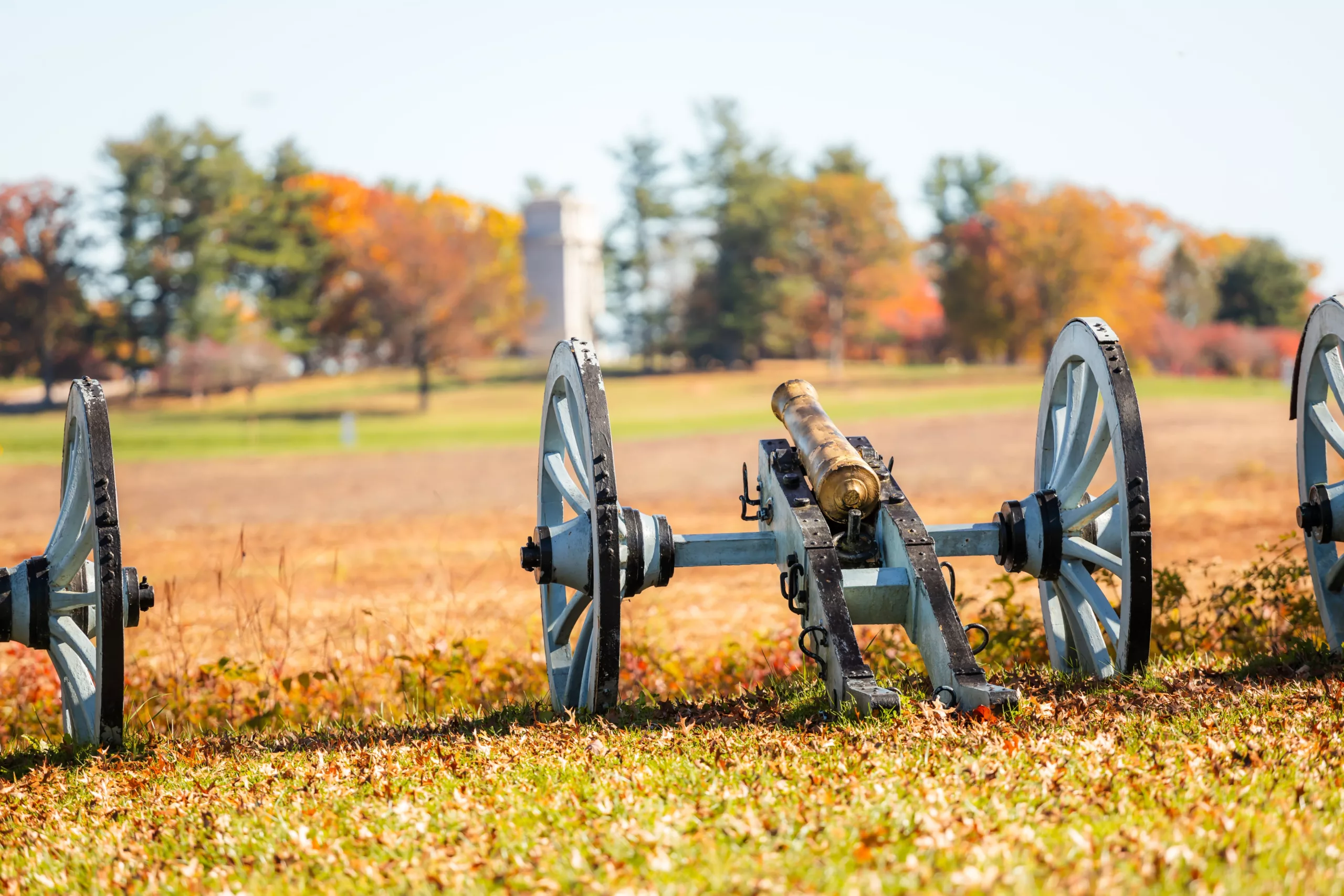
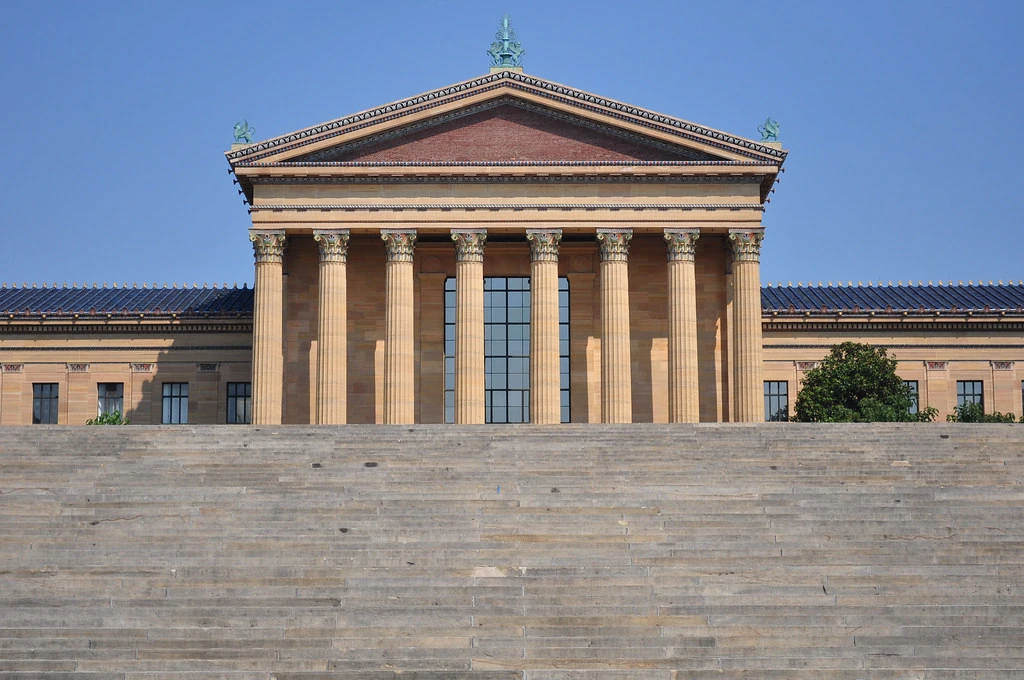
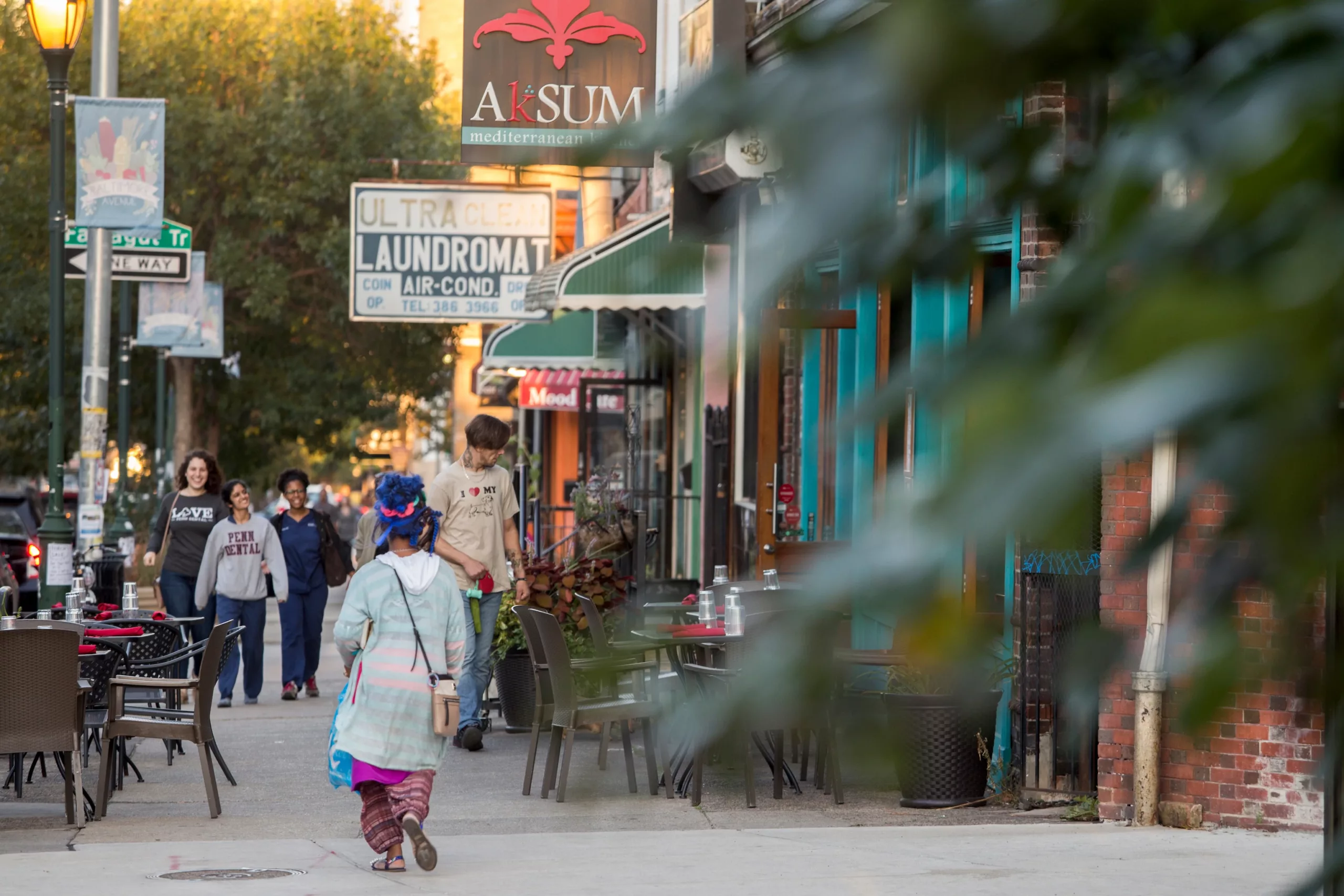
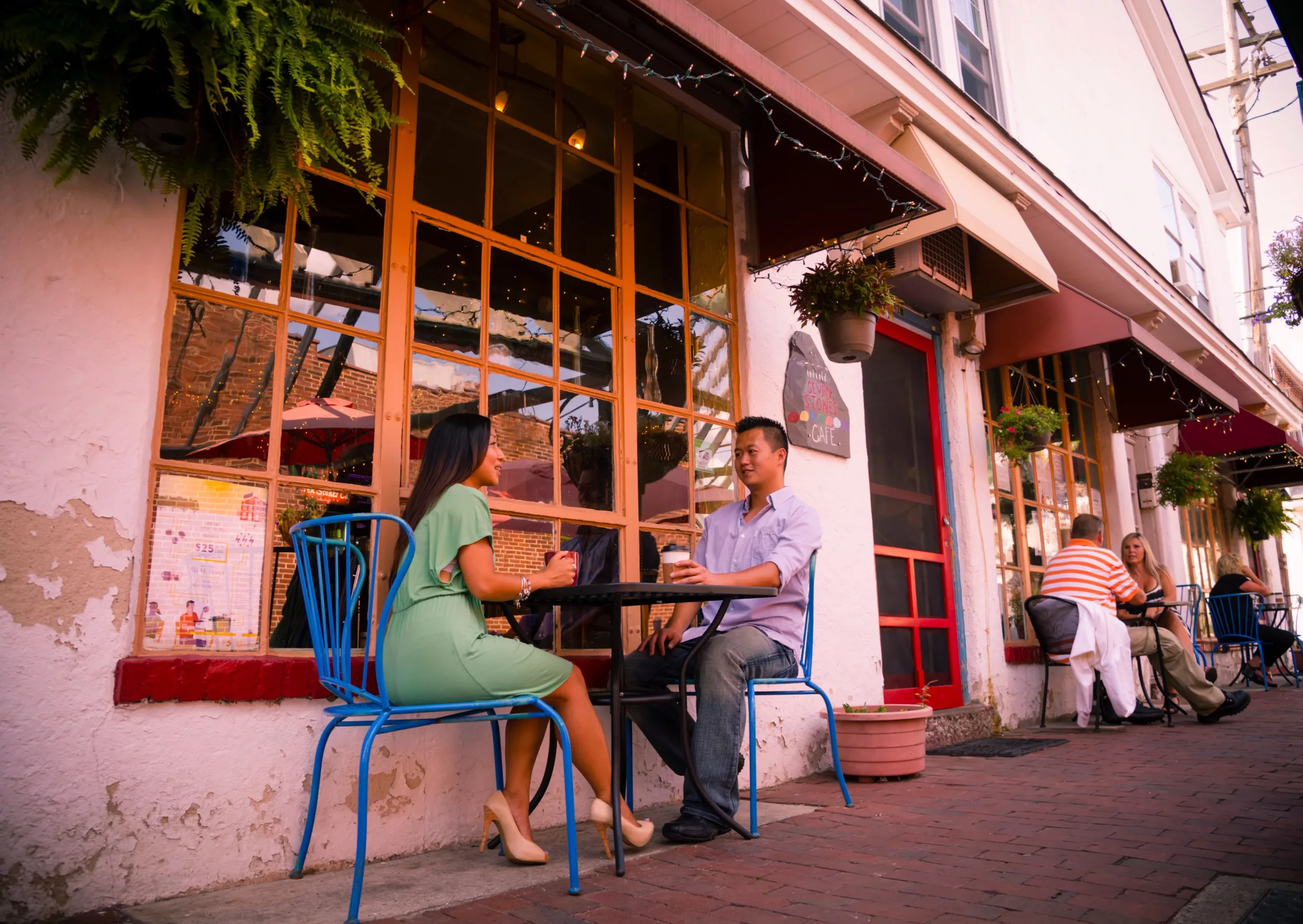
Traffic & Crowd Control
The Philadelphia Police Department (PPD) is able to assist production companies with traffic and crowd control during a production. Police generally do not provide personnel for security.
Road Closures
PPD are required to be on-site for any road closures or when using prop weaponry. Additional circumstances may also require their assistance (i.e. utilizing specialty equipment like process trailers).
Pre-Production
The Film Office will arrange pre-production meetings with PPD to discuss production needs. PPD will determine the number of officers needed to safely film. If three or more officers are required, it’s PPD policy that a supervisor also be assigned, typically a sergeant. Shifts are an 8-hour minimum.
Public Parking
If your production will restrict public parking in any way (reserved parking, clearing lanes, closing streets), it may be necessary to arrange for a PPD tow truck to move vehicles which are parked in violation of the posted signage. Tow truck detail (which includes a PPD officer) shifts are a 4-hour minimum.
Billing & Cancellation
Production companies must pay for PPD services (see rates).
Cancellation of requests for police assistance must be made to the Film Office by 9:00 AM the day prior to the shoot to avoid charges.
To ensure continuity in billing, it is strongly suggested that the production company review the day’s use of manpower and equipment with the police officer on duty or the Commanding Officer at the end of the day.
The hiring of police officers will be billed at the following rates and are subject to change. (Prices Effective 7/1/2024)
Reserving parking, requesting sanitation, and filming in the public right of way are arranged through the assistance of the Greater Philadelphia Film Office.
Certain City Services, such as street closures or hiring PPD officers, will require additional registration with the Department of Revenue or Licenses & Inspections.
The Philadelphia Tax Center is where filmmakers can register for a Business Income and Receipts Tax ID (BIRT). Instructions can be found on their website.
A Commercial Activities License (CAL) through the Department of Licenses & Inspections is required prior to making any street closure requests. Instructions can be found on their website. Please have a BIRT prepared before registering for a CAL.
Any questions can be directed to the Greater Philadelphia Film Office.
The City of Philadelphia offers no-cost courtesy reserved parking for equipment-carrying production vehicles. These arrangements must be made through the Greater Philadelphia Film Office no less than 48 hours prior to the requested parking time.
Courtesy parking is available for any legal spaces within the City. Temporary no-parking signs are provided to productions, which must be posted by the production no less than 48 hours prior to the requested parking time.
Tow truck services are not automatically included and must be additionally requested. Fees will apply. See our Police section for more information.
Parking lots managed by the Philadelphia Parking Authority may be available for rental by productions. Please contact the Greater Philadelphia Film Office for more information.
Should a production utilizing courtesy parking be ticketed during the time of their reserved parking and were not in violation of any additional parking restrictions, contact the Film Office for assistance.
Street closure permits are managed by the Philadelphia Streets Department. They are required any time that a production is filming on a Philadelphia street, aside from driving shots with the flow of traffic.
Prior to applying for a street closure application, filmmakers should contact the Greater Philadelphia Film Office for insurance approval and requesting PPD assistance with the street closure. All street closures will require the presence of a Philadelphia Police Officer.
Street closure rates and applications are listed on the Streets Department website. Filmmakers should apply for a closure for “equipment placement.” Please have a Philadelphia Commercial Activities License on file prior to beginning an application. Applications must be made 10 business days prior to the closure.
For any questions, please contact the Film Office.
Philadelphia Parks and Recreation (PPR) manages all City owned parks, playgrounds, and recreation centers. These facilities are generally available to filmmakers, pending permission from PPR and in some instances, the specific facility. Productions may be billed for any use of a facility, including overtime costs or costs incurred for altering a given facility for production-related purposes.
Filmmakers must apply for a media permit through PPR to utilize any facilities. The current application can be found here. Applications must be mailed or dropped off to their Special Events Office, no electronic applications are accepted. Fee schedules can be found on the application.
More information about available parks and other facilities can be found on their website.
The Department of Aviation is responsible for the management and maintenance of the Philadelphia International Airport in southwest Philadelphia adjacent to I-95; and the Northeast Philadelphia Airport, located 14 miles northeast of Center City, adjacent to U.S. Route 1.
All productions need to be coordinated with the Department of Aviation. Location, service and personnel fees are charged for productions at both City airports. Projects must comply with all federal, state and local security requirements.
At the present time, all terminal space is leased to private carriers and retail operators. Requests for filming at ticket counters, baggage claim areas, on or around non-moving aircraft should be made to the desired carrier. Requests for filming at a retail establishment located in a terminal building should be requested through the airport’s concessions management operator. Information on filming at other spaces in the terminal buildings, including passenger loading areas, frontage roads and parking areas, may be obtained from the Department of Aviation. Please note that peak airport traffic times are 6:30-10:00 A.M. and 4:30-9:30 P.M.
Any filming on the airfield: runways, taxiways, control tower or any other area or activity under the jurisdiction of the Federal Aviation Administration must be approved by the FAA through the Department of Aviation. Film productions of this nature require ample lead time and a substantially higher amount of insurance – a $5 million policy naming the City of Philadelphia as co-insured or held harmless is standard.
Please contact the Film Office for information on charges for use of space, personnel and/or equipment.
The Southeastern Pennsylvania Transportation Authority (SEPTA) provides public transit and rail services in the five-county region of Southeastern Pennsylvania. It features an integrated network of bus, trolley, subway elevated, high speed rail routes, commuter railroad and special ParaTransit service for disabled riders.
SEPTA encourages the use of its system for production purposes. It is experienced in all phases of location pre-production and production.
All requests for use of SEPTA equipment and/or facilities require advance notice in writing (via email). At least two-weeks notice is appreciated.
The following is a listing of SEPTA vehicles and facilities available for charter. The charter of SEPTA property does not grant the right to use that property in a reckless manner.
Charges are based on time from garage to point of origin, to point of destination, to point of origin, and return to garage.
All charters are dependent upon the availability of vehicle(s) and appropriate personnel.
Contact SEPTA for pricing.
Buses
SEPTA bus (40′) may be chartered (accessible to handicapped). Includes one operator. All charters are dependent upon the availability of vehicle(s) and appropriate personnel.
Regional Rail
Complete control of a train is available on some lines Mondays through Saturdays between midnight and 5:00 a.m. and all day Sundays. All other charters will require the continuous movement of the train on the system, operated in accordance with the instructions from an assigned SEPTA supervisor. Some station/platform use requires additional permission from Amtrak. Additional personnel will be charged accordingly.
Because rail vehicles operate on tracks with other rail vehicles, total control of a chartered rail vehicle is extremely limited.
All charters are dependent upon the availability of vehicle(s) and appropriate personnel.
Trolleys
Includes one operator and one supervisor. All charters are dependent upon the availability of vehicle(s) and appropriate personnel.
Subways and Elevated Trains
The Broad Street Line runs entirely underground between Fern Rock in North Philadelphia to Pattison Avenue (stadiums) in South Philadelphia. The Market-Frankford Line runs between 69th Street Transit Center in West Philadelphia to the Frankford Transit Center (Bridge & Pratt Streets) in Northeast Philadelphia. It is underground in Center City and becomes an elevated train for approximately three miles at the western end and six miles at the eastern end of the line. There is also the Ridge Avenue Spur of the system, where, from Mondays through Saturdays, between 9:00 p.m. and 5:00 a.m. and all day Sunday, a production company can control all movement. Very limited control of a train is available on the Market-Frankford Line late at night. Chartered subway and elevated trains must be operated according to instructions from an assigned Supervisor.
Subway station scenes, with controlled movement of approximately two city blocks into and out of a station may be done at the Pattison Avenue (NRG Station) station, providing there are no events taking place at the stadiums at the time. The Walnut-Locust Station may also be used for mainly stationary shots. Use of other stations subject to SEPTA approval.
All charters are dependent upon the availability of vehicle(s) and appropriate personnel. charters are dependent upon the availability of vehicle(s) and appropriate personnel.
High Speed Line
Chartering for the Norristown High Speed Line , which operates from 69th Street Transit Center to Norristown through picturesque countryside suburban settings, is available. All charters are dependent upon the availability of vehicle(s) and appropriate personnel.
Facilities
The following facilities are available for film productions: Suburban Station, 150 Regional Rail Line Stations (some stations require additional permission from Amtrak), 52 subway stations, 9 bus districts, 3 trolley districts (districts have side yards that may be used for productions)
SEPTA charges a flat fee for access to facilities and a legal agreement may be required. The Authority will specify appropriate insurances and SEPTA personnel required.
Interchanging Other Systems with SEPTA
It is possible to place non SEPTA equipment on SEPTA tracks and vice versa if the systems are compatible and if the track desired is still electrifiable. If the track is still able to be electrified, but not currently electrified, there will be considerable charges for labor required. A request of this sort will require a 30-day notice, additional legal paperwork and a general agreement between the two systems.
There are additional fees for right of way access fee for movement of a non SEPTA train over SEPTA right of way.
PLEASE NOTE: The charters and their pertinent rates as described above ONLY apply to Commercial Film and Advertising requests and are not applicable for passenger charters.
The Fire Department requires an inspection for any production that involves the staging of an event for the public in a place not commonly used for such, or if the staged event will involve the blocking of an exit on a previously inspected building.
Inspections are also necessary if a production involves open burning, use of pyrotechnic special effects, and/or any other situation that presents a clear and present danger to the public. It may be necessary to obtain a permit from Licenses & Inspections.
In both situations, the Fire Department will assign a representative to conduct an initial inspection, generally at no charge to the production company. A determination will be made at that time of what, if any, personnel and/or equipment will be necessary at the site during the filming. Upgrades and downgrades of both may be made over the course of the production. The production company will be billed accordingly for any manpower, apparatus and/or products (fire foam, clean up materials, etc.) used.
FIRE DEPARTMENT PERSONNEL
*Rates as of July 1, 2024 and may change according to production.
Equipment and Facilities
The Fire Department has the following equipment and facilities which may be used for film productions. Equipment rates vary and are available upon request.
63 Fire Stations — Generally available for partial use of the building.
Fire Museum — houses apparatus circa 1700-1800 that may be used for film productions at the site.
The Fire Department can also arrange to open fire hydrants for short periods of time.
The Water Department operates and maintains the City’s water supply system including facilities for pumping, filtering, treating, distributing and metering. The Department also operates the City’s wastewater collection and treatment system.
There are 3 drinking water treatment plants, 3 wastewater treatment plants, 1 biosolids composting facility, 6 major pumping facilities, 14 smaller pumping facilities and several water storage tanks and towers in the City. The Department also maintains an Educational Center at the Fairmount Water Works, built in 1812 and located on the Schuylkill River near the Museum of Art.
The Film Office has a complete listing and description of the Water Department facilities. Requests for the use of the facilities are handled on an individual basis.
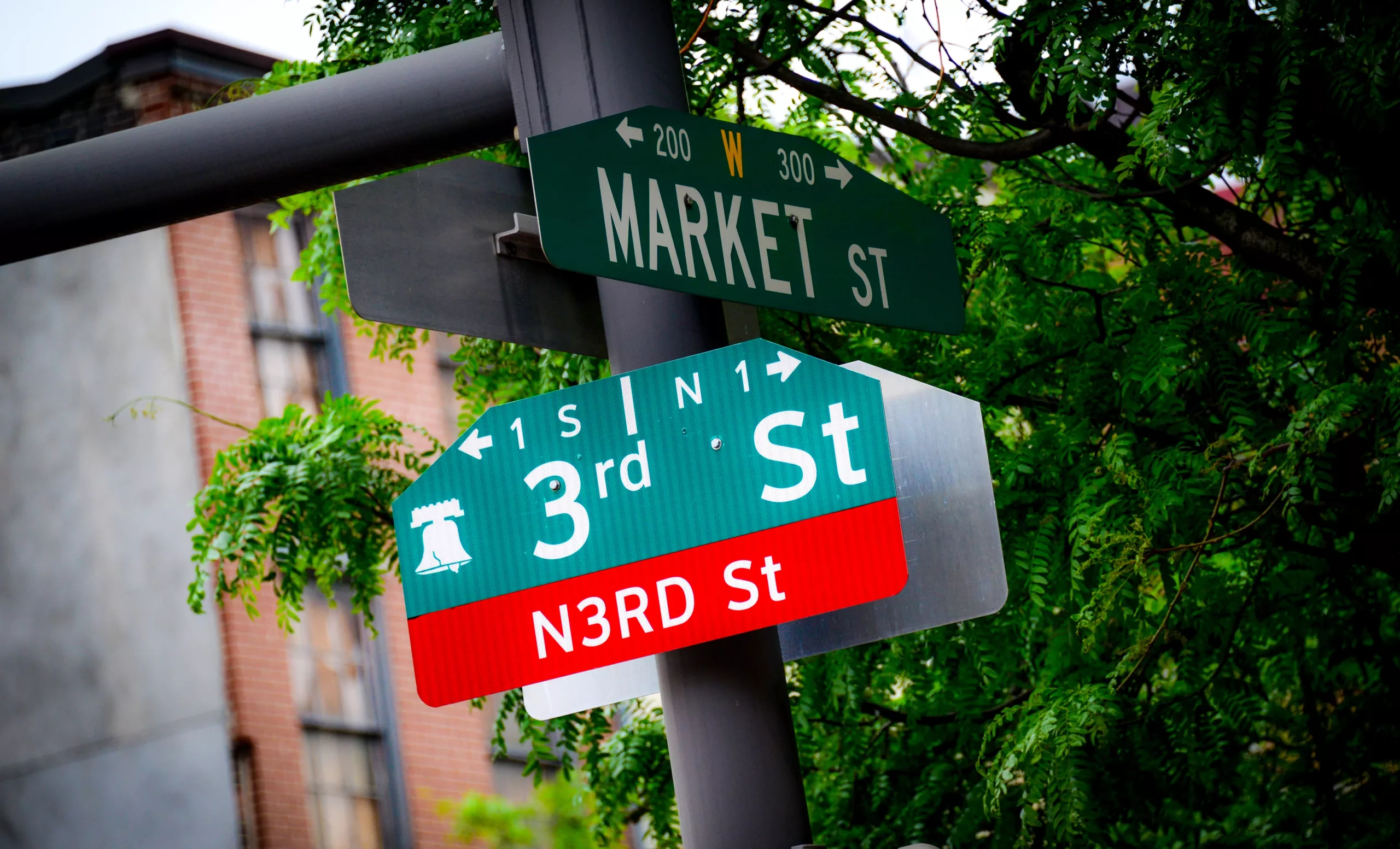
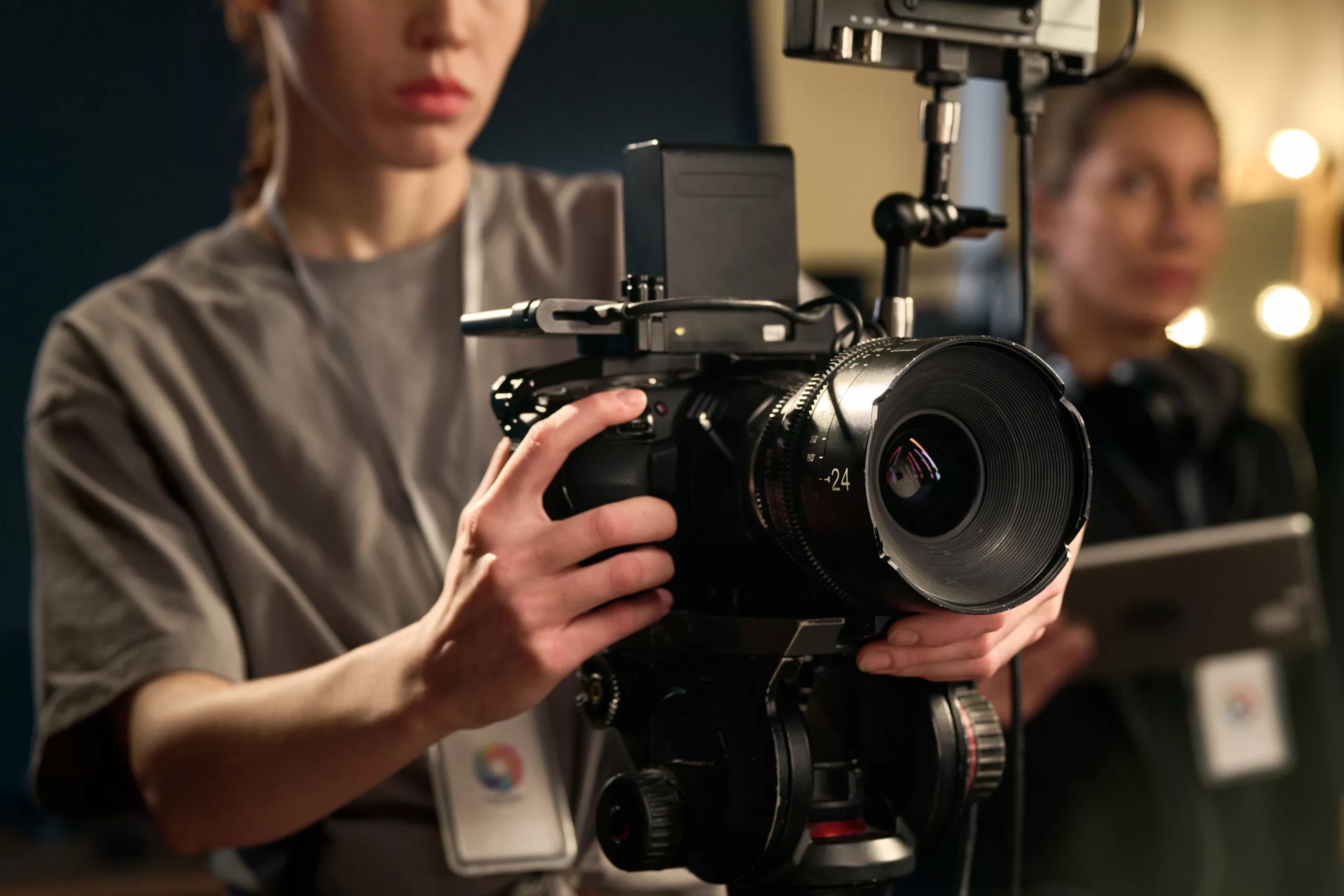
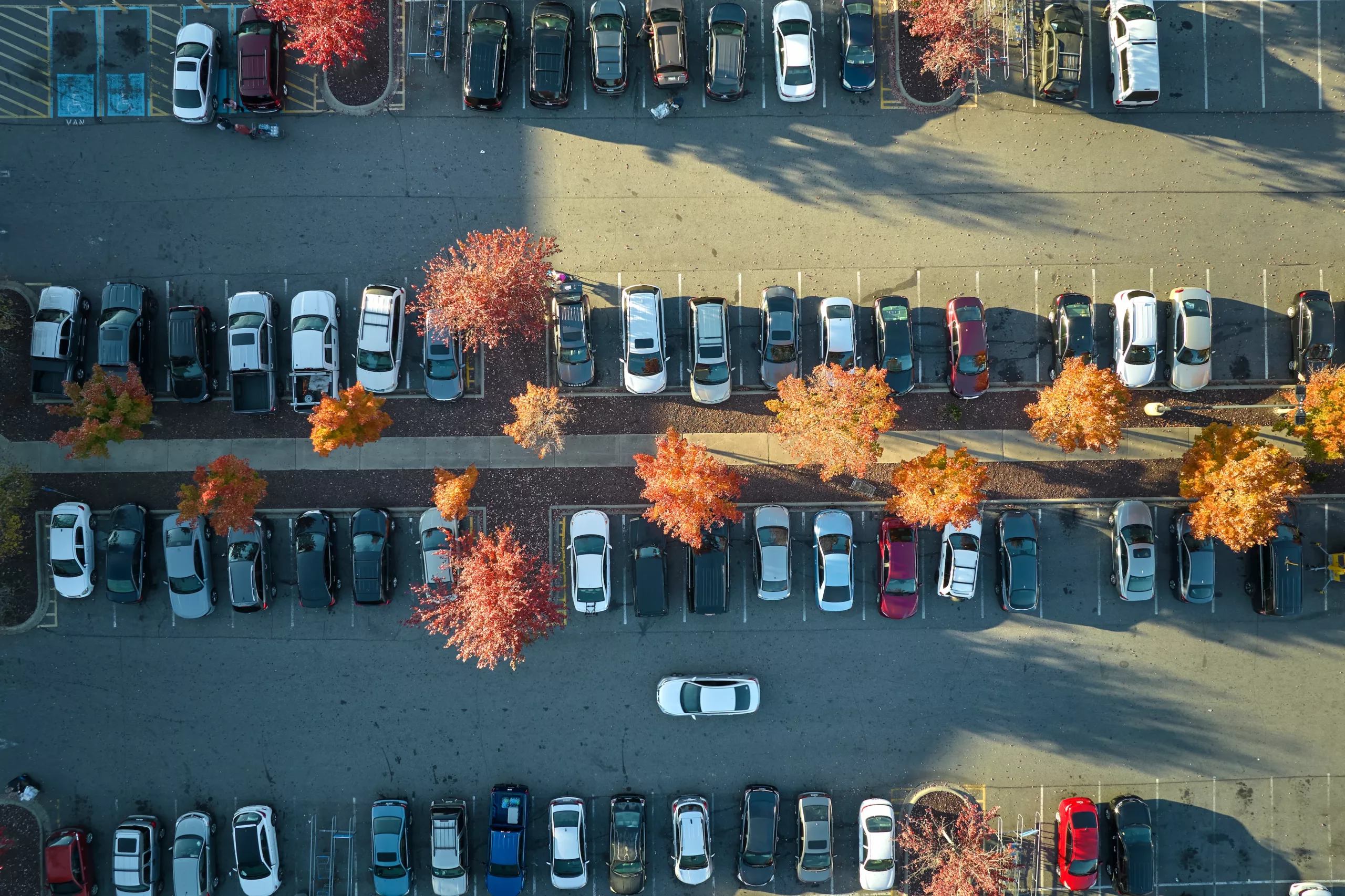
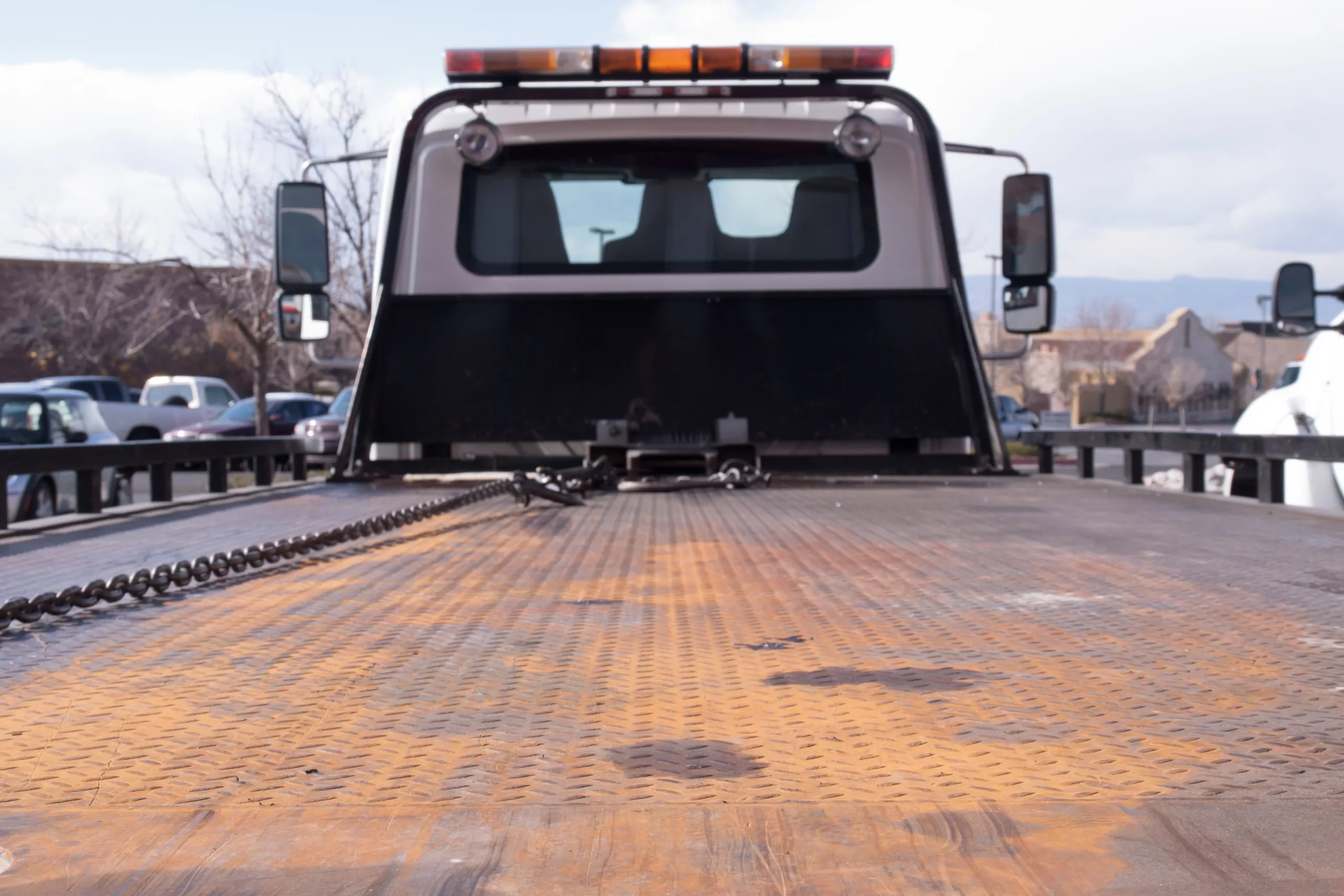


Greater Philadelphia Film Office
City Hall • 1400 JFK Blvd, 7th Floor, Room 702
Philadelphia, PA 19107
Phone: 215.686.2668
E-mail: ma**@fi**.org